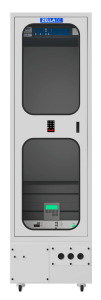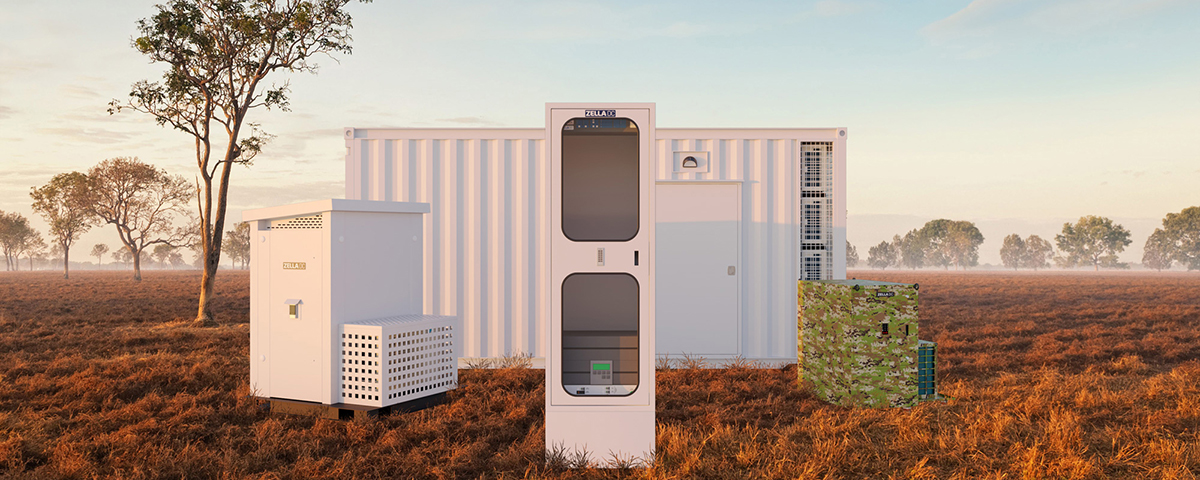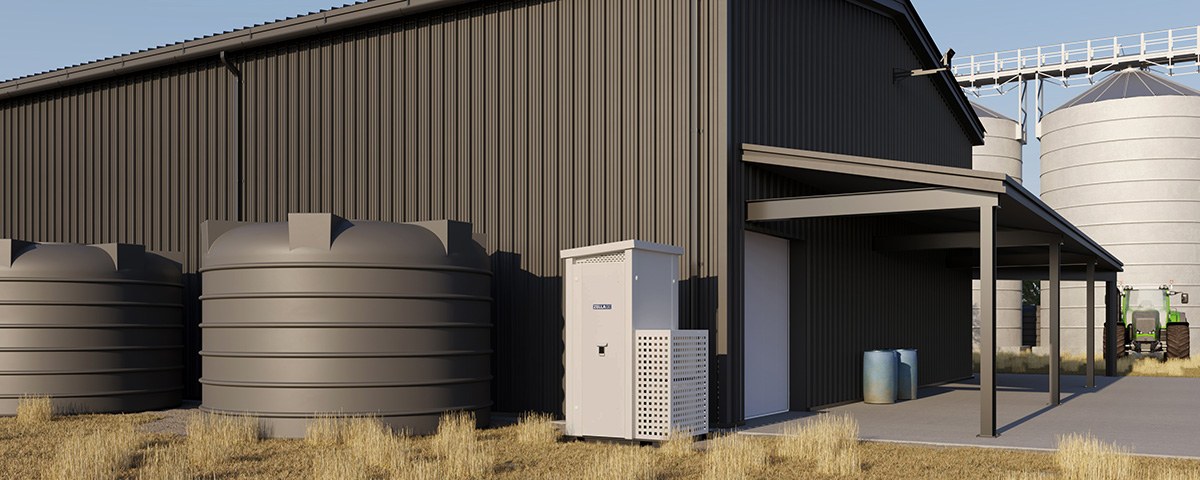In the era of cloud computing and outsourcing, the persistent preference for in-house data centres by some companies raises intriguing questions. While the cloud offers scalability, flexibility, and cost-efficiency, a subset of businesses continues to invest in maintaining and expanding their in-house data infrastructure. Let’s explore the reasons behind this enduring trend and shed light on the factors that drive companies to keep their data close to home.
Data security concerns – In a landscape where data breaches and cyber threats are omnipresent, some companies choose to maintain control over their data by keeping it within the confines of their in-house data centres or server rooms.
Regulatory compliance – Certain industries, such as finance, healthcare, and government, are subject to strict regulatory requirements regarding data handling and storage. In-house data centres can offer companies greater control over compliance, allowing them to tailor their infrastructure to meet specific regulatory standards without relying on external providers.
Customisation and control – In-house data centres grant organisations the ability to customise their infrastructure according to their unique needs and specifications. This level of control is particularly crucial for businesses with specific technical requirements or proprietary software that may not seamlessly integrate with off-the-shelf cloud solutions.
Performance and latency – For applications and processes that demand zero or low-latency performance, in-house data centres can provide a more reliable and consistent user experience. Industries such as gaming, finance, manufacturing, and research, where milliseconds matter, may opt for in-house solutions to ensure optimal performance.
Total Cost of Ownership (TCO) – While cloud services offer the advantage of a pay-as-you-go model, in certain scenarios, companies might find that the total cost of ownership over the long term is more favourable with an in-house data centre.
Legacy systems and infrastructure – Transitioning from legacy systems to the cloud can be a complex and resource-intensive process. Companies with long-standing investments in on-premises infrastructure may opt to maintain their in-house data centres until a strategic and feasible migration plan can be executed.
Data sovereignty and geographic control – In an era of global data flows, some companies prioritise keeping their data within specific geographic boundaries to comply with data sovereignty laws. In-house data centres provide organisations with the assurance that their data remains within the jurisdiction they choose.
 Micro data centres: tailored solutions for on-premise data management
Micro data centres: tailored solutions for on-premise data management
In certain situations, the ideal compromise between the benefits of in-house data centres and the flexibility of cloud services comes in the form of micro data centres. Micro data centres are especially valuable for businesses with distributed operations or remote facilities that require localised processing power and data storage. The modular nature of these micro data centres allows for scalability, enabling organisations to incrementally expand their infrastructure based on evolving needs. Additionally, their compact design reduces the physical footprint and energy consumption compared to traditional data centres, making them a cost-effective and environmentally friendly solution. This makes micro data centres an increasingly attractive option for businesses that prioritise on-premise control and responsiveness while embracing the benefits of modern, scalable data management solutions.
The enduring appeal of in-house data centres
While the cloud continues to revolutionise the way businesses manage their data, the persistent demand for in-house data centres underscores the importance of customisation, control, and security in the evolving landscape of information technology. Each company’s decision to maintain an in-house data centre is unique, shaped by a combination of factors ranging from regulatory pressures to a desire for granular control over their digital assets. As technology advances and the cloud matures, the balance between in-house and cloud-based solutions will likely continue to shift, but the enduring appeal of in-house data centres is a testament to the diverse needs and considerations of businesses in the digital age.






